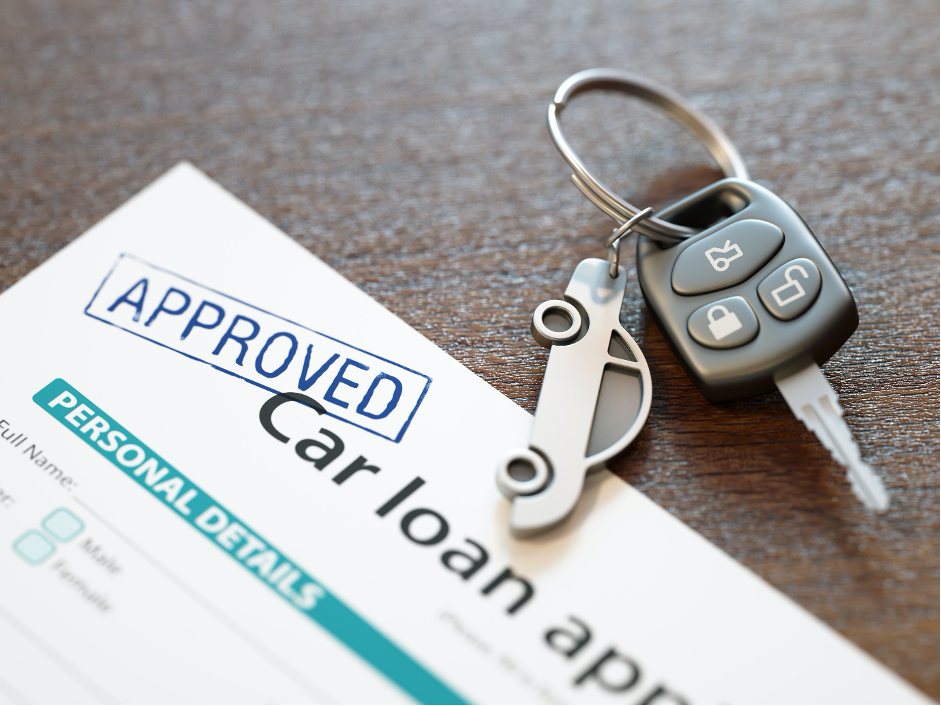
We’ve all been there: your old car’s beginning to need fixing more often, you’re going all green-eyed when you see the flashy new sets of wheels your colleagues arrive at work in and you’ve even found out how much yours is worth using an online guide such as Parkers’ car valuation tool.
That’s it, decision made – you’re having a new car!
Almost as important a decision about which car you’ll have is how you’re going to pay for it, with options including buying outright, opting for a PCP deal or – what we’re looking at here – long-term leasing.
Leasing a car is essentially the same as renting one and it’s becoming a very popular way for people to get themselves into a new vehicle.
It’s a flexible solution, too, with Personal Contract Hire (PCH) agreements – to give them their proper name – being available as short- and long-term agreements.
So, what exactly is a long-term lease?
Think of long-term leasing as rather like hiring a car, but over an extended period of time.
You hand over your initial payment, ensure the monthly fee is paid and, when the agreement has reached the end of its term, you hand the vehicle back with nothing more to pay.
What specifically categorises it as long-term is open to conjecture, but generally speaking if the term of the agreement is under 24 months it’s short-term, beyond two years it’s long-term.
Leasing deals usually incorporate all associated costs of running the car except for fuel and insurance, although sometimes the latter is covered, too.
This makes it very easy to figure out how much you will spend each month with no need to take into account servicing costs or bills for unexpected failures such as a punctured tyre.
How cheap could a long-term lease be?
Various parameters will dictate this, not least whether you’re looking to have low monthly outgoings, cheaper up-front costs or more generous mileage allowances.
If it’s more important to you to minimise your expenditure each month then you’ll have to opt for a leasing deal over an extended period of time, usually at least 48 months. Additionally, you’ll be looking at a car that’s at the cheaper end of the market, with a low annual mileage allowance (up to 8,000) and a sizeable initial payment of £1,000 minimum. Follow that formula and your monthlies could weigh in at less than £150.
Shorter-term deals could be more attractive initially, as they often require no initial payment and tend to feature more generous mileage allowances, but the cost is the monthly bill. Even for a small city car you could be stumping-up £300 per month if you go this way.
These shorter deals can be more attractive if the idea of regularly swapping cars is something that appeals to you.
Long-term car leasing benefits:
- Easily understood and makes budgeting a cinch
- Better value for money than short-term lease arrangements
- Allows you to easily switch into a different brand new car
Long-term car leasing downsides:
- Not as flexible as a short-term deal
- Often much more expensive than a PCP deal
- Your credit score will plummet if you don’t keep up with your payments
What are the alternatives if leasing’s not for me?
Personal Contract Purchase (PCP) agreements are by far the most common way that private buyers get into new cars nowadays.
There’s a degree of flexibility, too, in that you pay a deposit followed by monthly instalments that cover a pre-agreed proportion of the car’s original price.
At the end of the agreement you can fully own the car by paying an optional final payment, or you can trade it in and start a new agreement.
If neither of those suit, then you can simply walk away with nothing more to pay.
Hire Purchase (HP) is a more conventional way of buying a car on credit, where the cost of the whole vehicle is spread across the deposit and monthly fees.
Once that final payment is made, you own the car outright.
No, we’ve not taken leave of our senses, but you could consider hiring a car for an extended period of time, with some firms offering 12-month agreements. This could make sense if your use of a car would be sporadic but you want the security of having immediate access to it should you need it. It is likely to prove the costliest solution, though.
One final thing…
Just remember that as attractive and flexible as leasing can be, it’s rarely the best value solution to getting into a new car.
Manufacturer-backed deals tend to be more financially attractive on PCP and HP agreements, plus there’s always the possibility of a sizeable discount if you can pay for the whole lot in one payment with cool, hard cash.
Nevertheless, long-term leasing is better value than a short-term arrangement, plus it’s one of the easiest ways of getting behind the wheel of a new motor, as well as simplifying your budgeting.
 Automotive Blog Automotive Blog brings you the latest news, car reviews and information on the automotive industry.
Automotive Blog Automotive Blog brings you the latest news, car reviews and information on the automotive industry.



